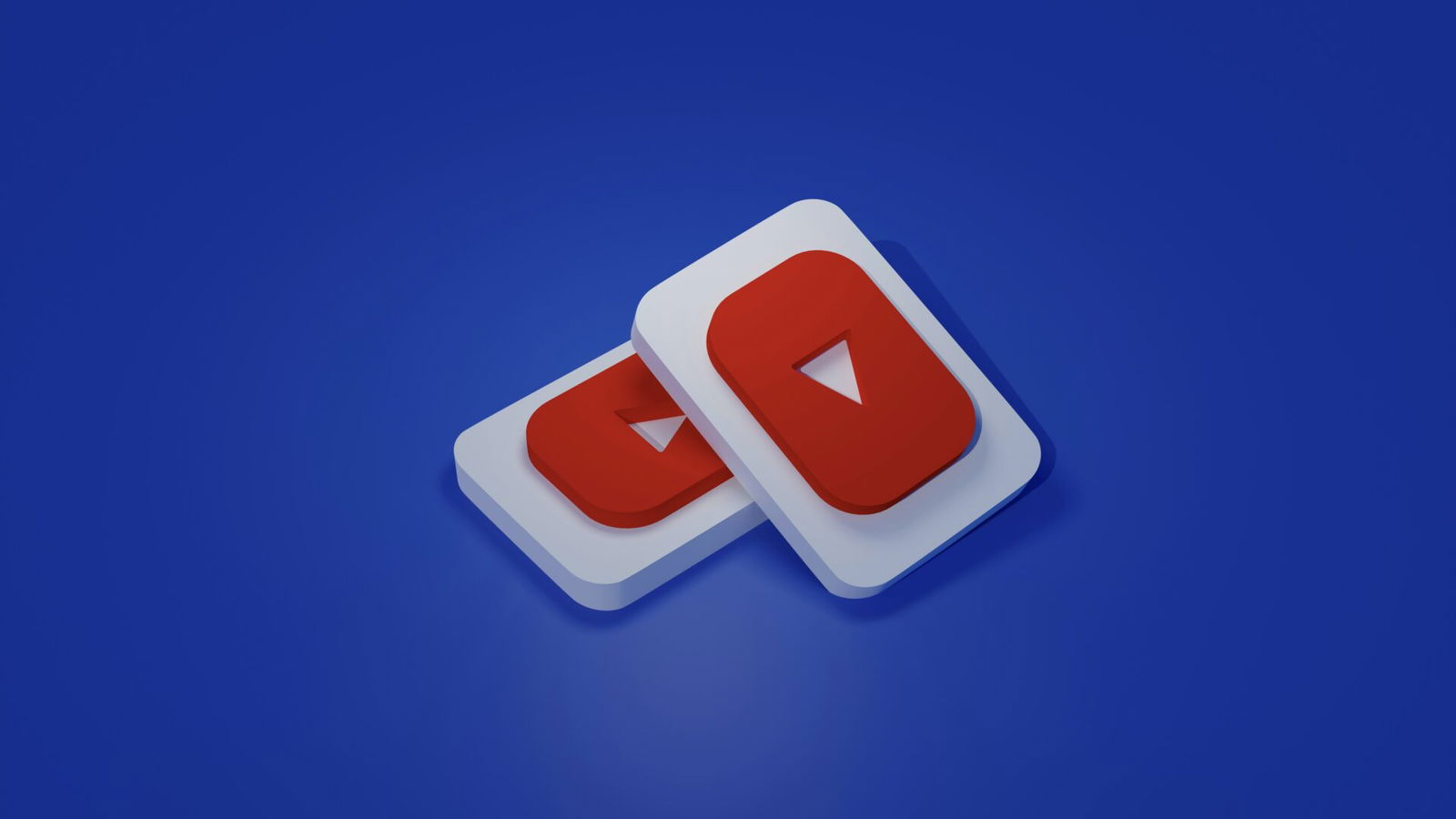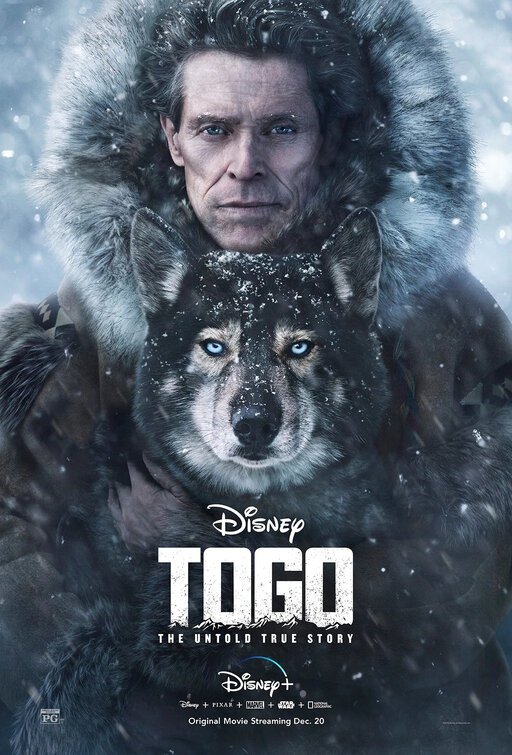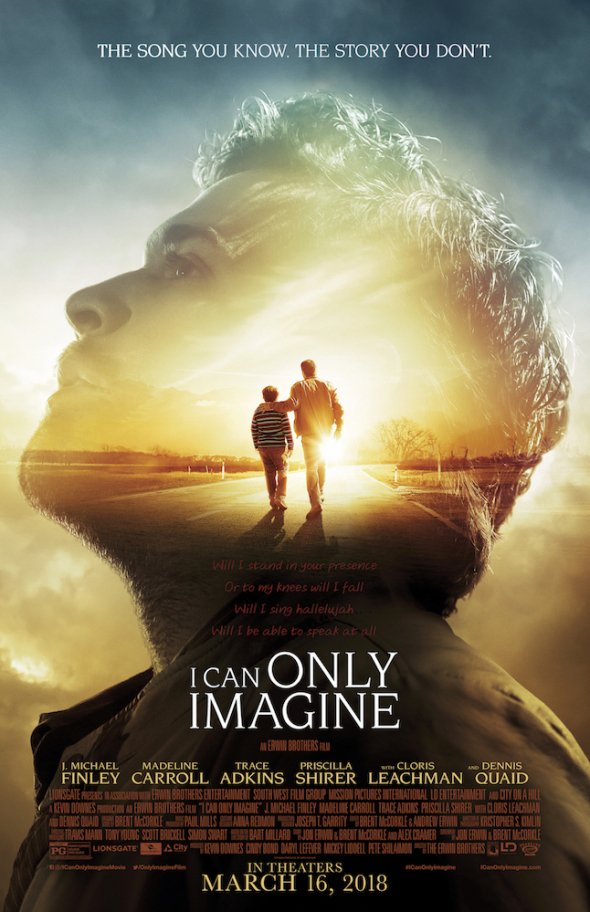
By Gavin Boyle
YouTube revealed its interest in banning AI deepfakes by announcing its support for the NO FAKES Act which would prohibit the sharing of unauthorized AI replicas.
“For nearly two decades, YouTube has been at the forefront of handling rights management at scale, and we understand the importance of collaborating with partners to tackle these issues proactively,” said Leslie Miller, the vice president of public policy at YouTube. “Now, we’re applying that expertise and dedication to partnership to ensure the responsible deployment of innovative AI tools.”
“We thank Senators [Chris] Coons and [Marsha] Blackburn, and Representatives [Maria] Salazar and [Madeleine] Dean, for their leadership on the NO FAKES Act, which is consistent with our ongoing efforts to protect creators and viewers, and reflects our commitment to shaping a future where AI is used responsibly,” Miller continued.
Related: Congress Looks to Regulate AI’s Use in Entertainment
The NO FAKES Act was introduced to Congress in October 2023. It would make it illegal to share any AI replicas of the living or the dead without their explicit consent. The law also creates a mechanism to provide consent so a person can authorize AI deepfakes of themselves.
The original legislation failed to be passed by Congress over fears that it would infringe on free speech but was reintroduced on Wednesday with more momentum, thanks to the support from numerous major players in the tech and entertainment industries, including YouTube’s parent company, Google, ChatGPT maker OpenAI, the MPA, the RIAA and SAG-AFTRA.
“We brought together the people affected by the impacts and challenges of AI and the people who have the power to do something about it,” said Senator Coons during a press conference announcing the reintroduction of the bill, per Variety.
“When evildoers are actually trying to put words into my mouth that I never said that goes against my moral compass and everything I stand for, that’s where the rubber meets the road,” added SAG-AFTRA President Fran Drescher. “It’s time to define what’s right and what’s wrong.”
This legislation is already necessary as multiple actors have been targeted with AI deepfakes that were shared across the internet. This content is sophisticated enough to fool most people, as seen by an incident last year where an AI-generated image caused Katy Perry’s mom to believe she had attended the Met Gala.
As AI only becomes more powerful, it is encouraging to see the entertainment and tech industries banding together to ban unauthorized AI deepfakes before they become an uncontrollable issue.
Read Next: Why Scarlett Johansson Is Calling for Stronger AI Regulations
Questions or comments? Please write to us here.



 - Content:
- Content: 

